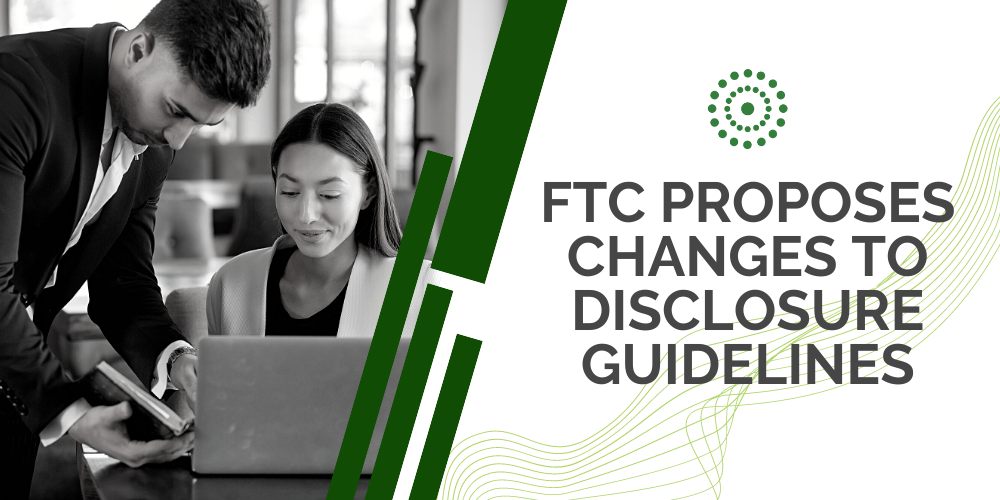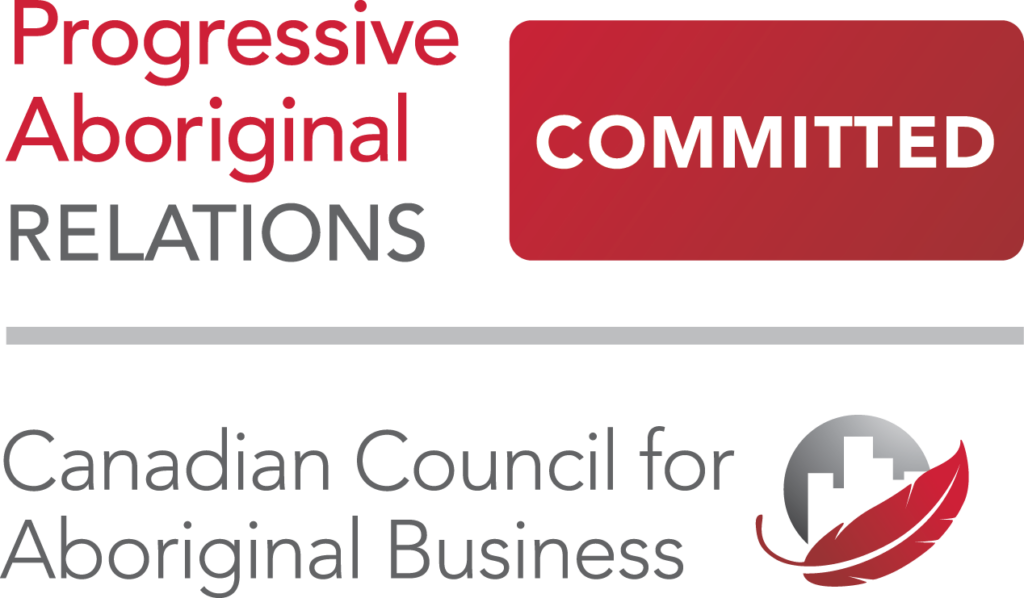As an affiliate marketer, knowing about the FTC Disclosure Guidelines is imperative. Not only is it the law to disclose when you are promoting a brand/product for compensation, but it keeps our industry honest.
To recap exactly what this law is about, let’s have a quick review.
The law is simple — make sure to disclose any affiliated/paid endorsement. The FTC Disclosure law helps keep the promoter honest and the consumer in more control of what they take away from the ad/review.
Currently, there isn’t specific language given by the FTC, however, the point is to make it obvious that you are in a partnership with the brand you are promoting and receiving some sort of compensation. And, while it’s best to do your own due diligence to make sure you are as compliant as possible, some standard practices we’ve seen across the industry are:
- Stating you get compensation for your honest review and opinions within videos, podcasts, articles, etc.
- Adding verbiage to your website about compensation and/or being sponsored.
- Including specific hashtags (#ad, #sponsored, etc.) to social media posts.
Now that we’re all on the same page, let’s discuss what has been happening with the FTC and the disclosure guidelines.
Back in February 2020, the FTC solicited feedback on the “Guides Concerning the Use of Endorsement and Testimonials in Advertising.” Then, last month, the FTC voted to release proposed changes to the Guides and open that proposal up for public comment. This is a long document (70+ pages), but there are some very important key takeaways concerning affiliate marketing that shouldn’t get lost. Therefore, we wanted to share some helpful insights from Tricia Meyer, a knowledgeable affiliate marketer, blogger, and consultant.
Her helpful article puts everything you need to know in one place, offering a focused look at what’s proposed. This resource can help answer any questions you may have about the proposed changes and Tricia does a fantastic job explaining how they may impact your program.













